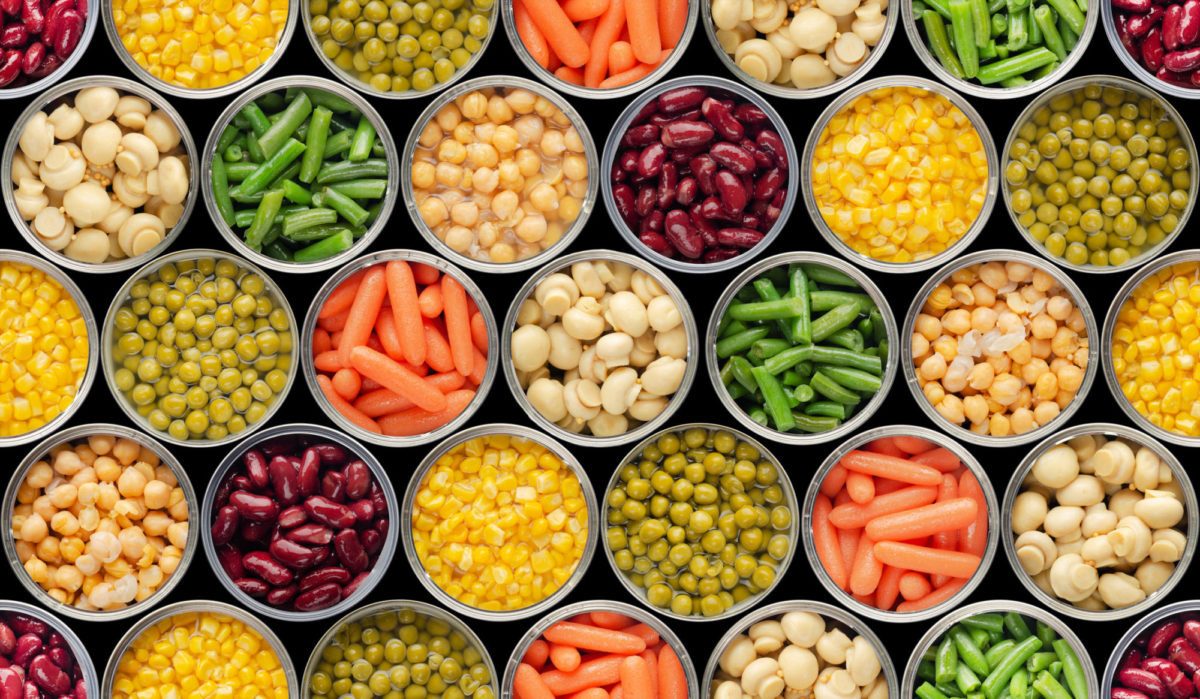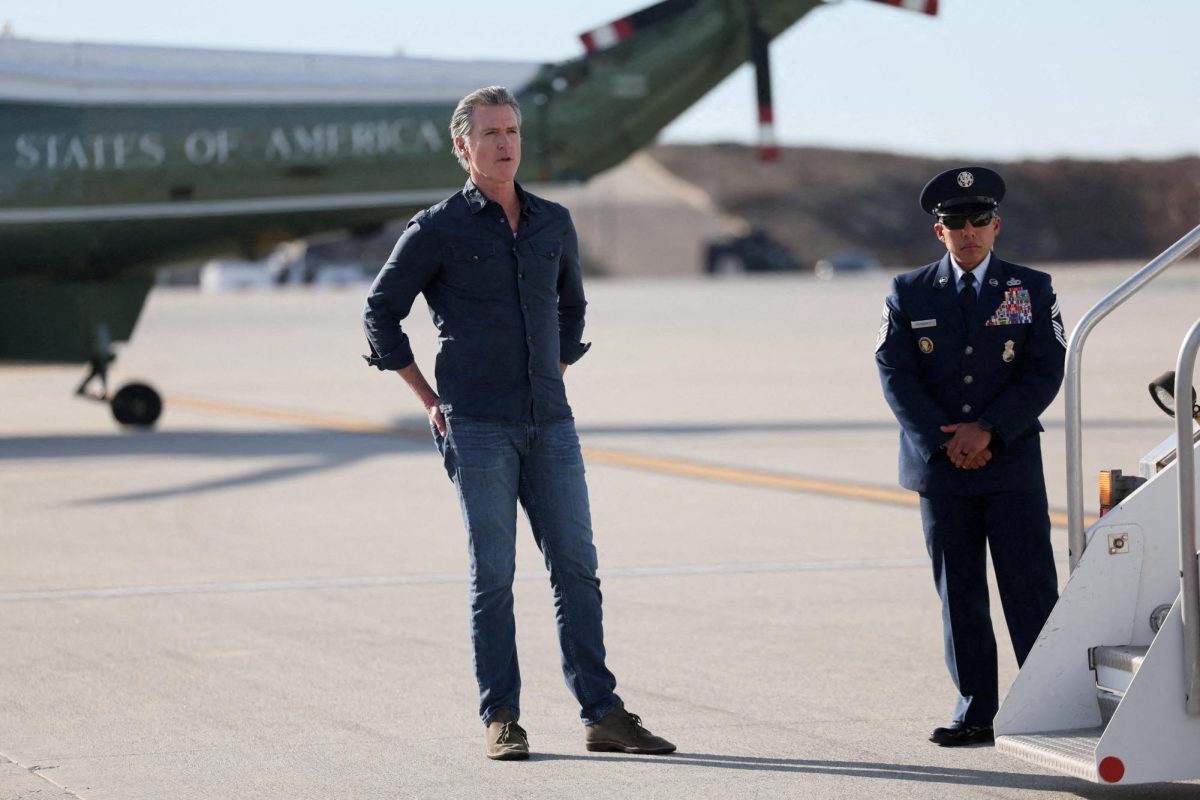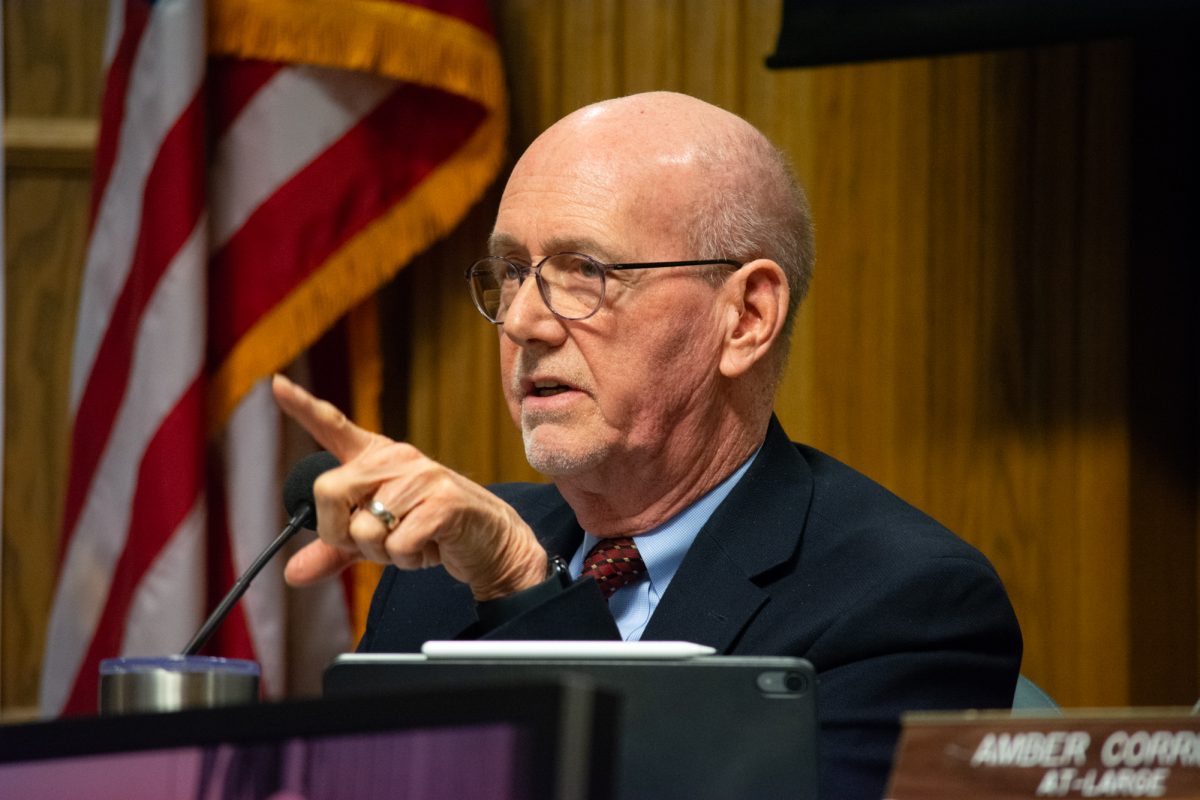I can still see her smile.
I see her bright brown eyes, bright white teeth, beautiful darker face. She must have been about four or perhaps five years old. I see her sitting there, on that red bare soil, staring at me with one of the most infectious smiles I have ever seen.
I am still not able to fathom how she was able to pay attention to me instead of the porridge in her old rugged metal plate. I should have asked what was on her mind. Perhaps she might have been too young to speak her thoughts.
But I know she must have been hungry. Perhaps the smile was her way of saying thank you. Perhaps she saw hope despite her dire situation. Perhaps she wanted me to know that adversity cannot thwart the light inside the human heart. But I did not deserve her smile. It was as if she was saying “I love you despite you being a hypocrite.”
I met that little girl when I worked in Zimbabwe as a food security specialist for a humanitarian agency. It was during a major drought, which left thousands of children at risk of severe malnourishment. In the early stages of the drought, every family with children under five received a bag of protein-fortified porridge. Over time, the drought became less severe, and some in my organization advocated for more targeted assistance to the most vulnerable. My job was to assess who qualified as the most vulnerable. Truth is, even the adults in that area were vulnerable.
Before her smile I had been inside her family’s hut inspecting how the food we provided was stored. I also looked around for the resources the family owned. I inspected the records of the frequency the child and her siblings were fed the porridge. Parents were expected to furnish such records so we could determine if their children were eligible for assistance.
Our collaborators from the Red Cross measured the children’s middle-upper arm circumference (MUAC), to be used as an indicator of whether a child is malnourished. If the MUAC numbers looked good, and I discovered that the family owned a couple of chickens, perhaps a goat, a couple of bushels of corn, a child was disqualified from the program.
I still feel embarrassed for asking moms when and how they fed their children, whether they had a job, where their husbands were. The child’s mom was a single mother with five children. Who was I to judge?
But I did. I ignored the fact that when I was a child, my single mom experienced financial difficulty and sought food aid. I still remember enjoying oatmeal and skimmed milk from the church. Yet there I was, at that little girl’s home, feeling justified to get to the heart of things, to make food aid more effective, to prevent dishonest families from skimming the program.
I was a hypocrite. And the child gave me a smile.
The smile unveiled in my mind pictures of my year-old daughter inside a home with running water and electricity. She had plenty to eat, yet the girl with the smile had just one meal. Her future was precarious and still she smiled at a man with the power to make that plate of porridge one of her last.
“Whoever welcomes this little child in my name welcomes me,” Jesus taught us. “Oh, my God, what am I doing?” I ran to the back of the hut and cried.
Then I became poor again. This time as a graduate student in the United States.
The research stipend I earned was not enough to support a family of four. My son, who was born a U.S. citizen, qualified for food and medical assistance. We were provided coupons to use at grocery stores for things like eggs, milk and cheese.
My son loved the cheese; it still makes me smile. It is amazing how good food can bring joy to a child.
But the food assistance was just for my son. My five-year-old daughter did not qualify since she was born outside the United States.
It was stressful to use the coupons. The cashiers stopped smiling when they saw the coupons. Faces frowned, our IDs were requested, we felt rushed to check out, eyes around us rolled as if we had committed a crime. To be on food assistance.
None of those cashiers knew our story. Many seemed not to care whether someday I might find a job to take my family off welfare. The experience was not unique to us. Many on food assistance are seen as less than.
I wept again, this time because I live in a state that leads the world in pork, eggs and corn production and in a nation where almost 40% of food goes to waste, but thousands might still get kicked out of the SNAP program.
Hungry children smile. We don’t deserve it.
Walter Suza of Ames, Iowa, writes frequently on the intersections of spirituality, anti-racism and social justice. He can be contacted at wsuza2020@gmail.com.









john klaus | Aug 29, 2023 at 8:09 am
Thank you, Walter Suza. It is so good to hear from you again.